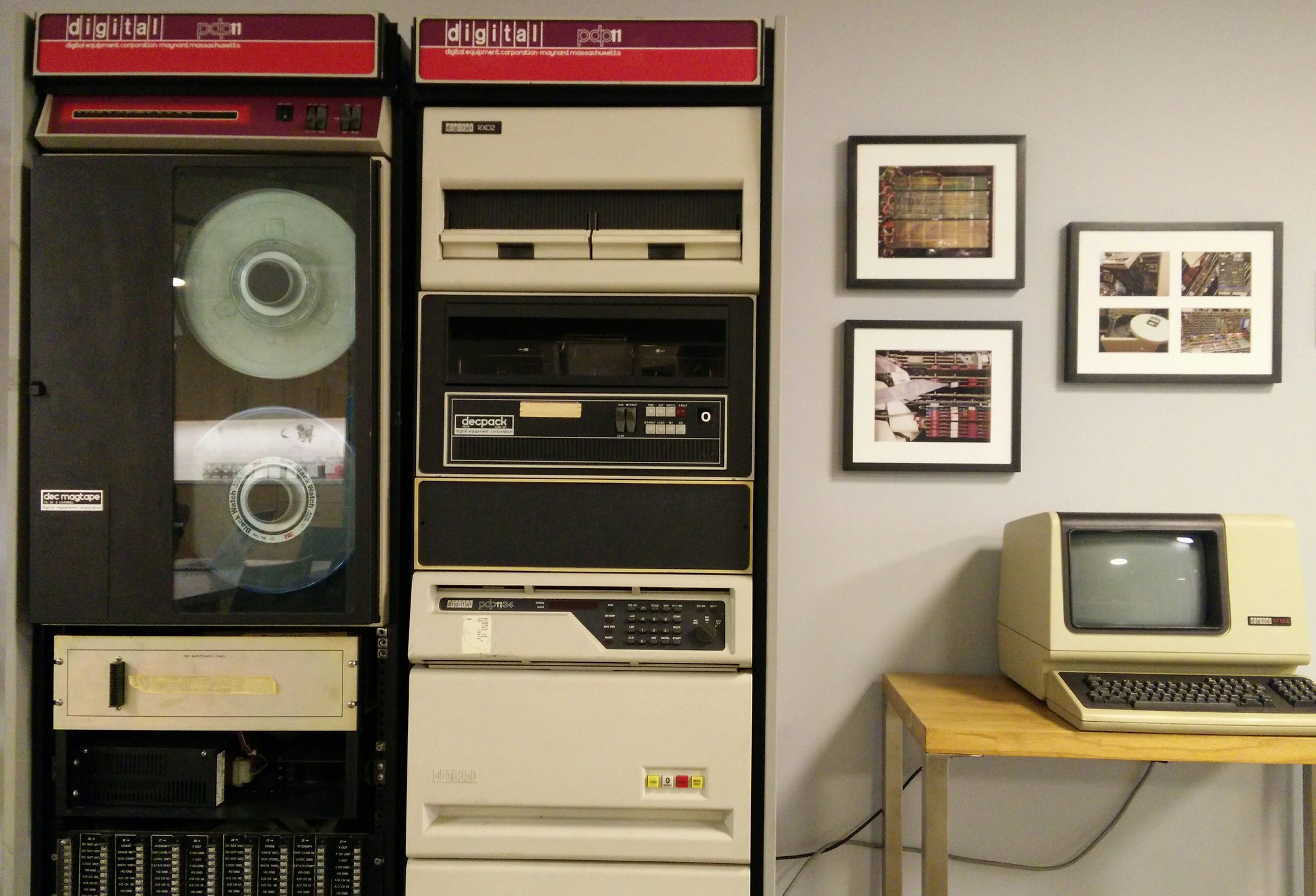https://www.nrc.nl/nieuws/2024/03/15/poetin-komt-tanken-bij-vlissingen-a4193179
Last week the NRC reported about a little-known refueling (bunkering) point in the south-west of the #Netherlands, at the entrance of the Schelde near #vlissingen. The newspaper uncovered that it is being used by a #shadow #fleet of often badly maintained and very old tanker vessels which play a pivotal role in turning sanctioned Russian #oil in to not sanctioned oil. The vessels make their way from Baltic ports along the North Sea, either to India or Turkey. The newspaper called this bunkering point "Putin's petrol station", because on the way back the sanctioned vessels stock up on fuel. The ships all fly under several different "flags of convenience" and as their companies get put on sanction lists, the ships move to other owners.
It is not often that international politics, global capital, supply chains, the news and infrastructure congeal the way it does at Putin's Pitstop so I had to go take a look #infrastructours.
infra thread!
Reading the article and thinking about how a "wild", outlawed and sanctioned product becomes normal by ending up in a long global supply chain, there are clear echoes of Anna Tsing's Mushroom At The End of the World. In it, she describes how japanese trading firms work to translate "wild" and "untamed" products like the matsutake mushroom and the adventurers that pick it, in to stable and dependable supply chains with standard products.
One of the way sanctions busting works in the case of the shadowfleet, is not just by the product changing hands several times but also by evading shipping insurance. Shipping insurance is a market that is firmly in control of Western powers and sanctions on Russian oil were imagined to work by making it "uninsurable". Shipping insurance looms so large in the Western mind that we even go to war over it. Since operation "prosperity guardian" commenced against Houthis, the insurance rates on shipping in the area have gone down (https://www.lloydslist.com/LL1147831/Red-Sea-war-risk-rates-soften-as-insurers-price-in-Prosperity-Guardian). However, it turns out, mercenary capitalism can take cover that risk in other ways.
Aside from ignoring shipping insurance, maritime flags of convenience are another way this is enabled. In the article a ship from the Cook Islands is mentioned, a country that apparently even has less regulations and inspections than known "cheap flag countries" Cyprus, Panama or Liberia. The specific ship in the article is owned by a company in Dubai with an untraceable owner. The ship manager is a Dubai based firm called "Radiating World Shipping Services".
Anyway, the thing here which is amazing is how a tiny Dutch fueling station is used to evade American sanctions on Russian oil, which is done by ships from Dubai, flying under Cook Island flags on their way to Turkey.
Another way that this fueling station enables these practices is because none of the relevant authorities inspect these ships, despite there being a lot of reasons for it: the bad state of the ships, lacking insurance even perhaps suspicions of sanctions busting. Why are they not inspected? The fueling point is far enough outside of the actual port, that stopping at the fueling point is not considered a port call, so no inspections happen.
Here's one image of a tanker refueling at the point. Note that this is most likely NOT one of the ships described in the article. The SEAGUARDIAN is only three years old and mostly sails in the area (https://www.vesselfinder.com/vessels/details/9891919)
Next to the refueling point several ships were waiting in line. One of them, the AMBELOS (flying under the Bahamas), is currently making its way through the Baltic sea. It has made port calls in China and Russia the last two year, but it doesn't mean it is one of the ships described in the article. It is also only 7 years old.
https://www.vesselfinder.com/vessels/details/9801524
However, it shows how this little refueling point ties together far away places in unexpected ways.
Another entity in the description of this infrastructural cross roads: Japanese OYSTERS! Ships from far away places not only bring goods, they also bring different kinds of marine life.
The region of Zeeland is traditionally known for its blue mussels (Mytilus edulis, https://en.wikipedia.org/wiki/Blue_mussel), making for one of the Dutch culinary achievements (of which there are like, three, in general).
Since the 60s the "pacific oyster" has been growing in the area as an invasive species that is slowly taking over much of the Westerschelde because it thrives in polluted waters and eats the spawn of the Blue Mussels. At the same time it has made its way on the menu as well. All along the Dutch tidal dykes you can find them.
Whether you want to eat them is another issue, like other shellfish they bioaccumulate toxins (https://en.wikipedia.org/wiki/Bioaccumulation). Just upstream from where I picked these up is the Port of Antwerp which is home to among others the American chemical giant 3M, known to dump PFAS in to the water (https://www.ad.nl/buitenland/zeeland-krijgt-zijn-zin-belgie-grijpt-eindelijk-in-bij-chemiebedrijf-3m-om-giftig-pfas~a4898793/).
The huge shells do make for a nice souvenir from the area though.
Last but not least, a cool shot from the way back. Because infrastructure tends to accumulate on top of infrastructure (as invasive oysters accumulate on top of other molusks?) a pretty cool view of no less than THREE different types of energy facilities. From left to right, the Borssele Nuclear Power plant (the only one in NL producing electricity), an on-shore wind park and on the far right the refineries of Zeeland Refineries which are 50% owned by non other than.. Lukoil! The sanctioned Russian oil and gas giant. (https://www.trouw.nl/duurzaamheid-economie/zeeuwse-raffinaderij-zwijgt-liever-over-haar-russische-mede-eigenaar~b86f83a4/)
And with this final post the thread concludes and I go back to writing this thing I should actually be writing.. #phdlife
@rra the pragmatic Dutch, as ever exploiting the gray area of (international) law for profit… not worried about who gets hurt downstream (!) … both in time & space…

@rra found it : https://youtu.be/KLV62-kDboE?si=9_2qCE0eglDzoXKi